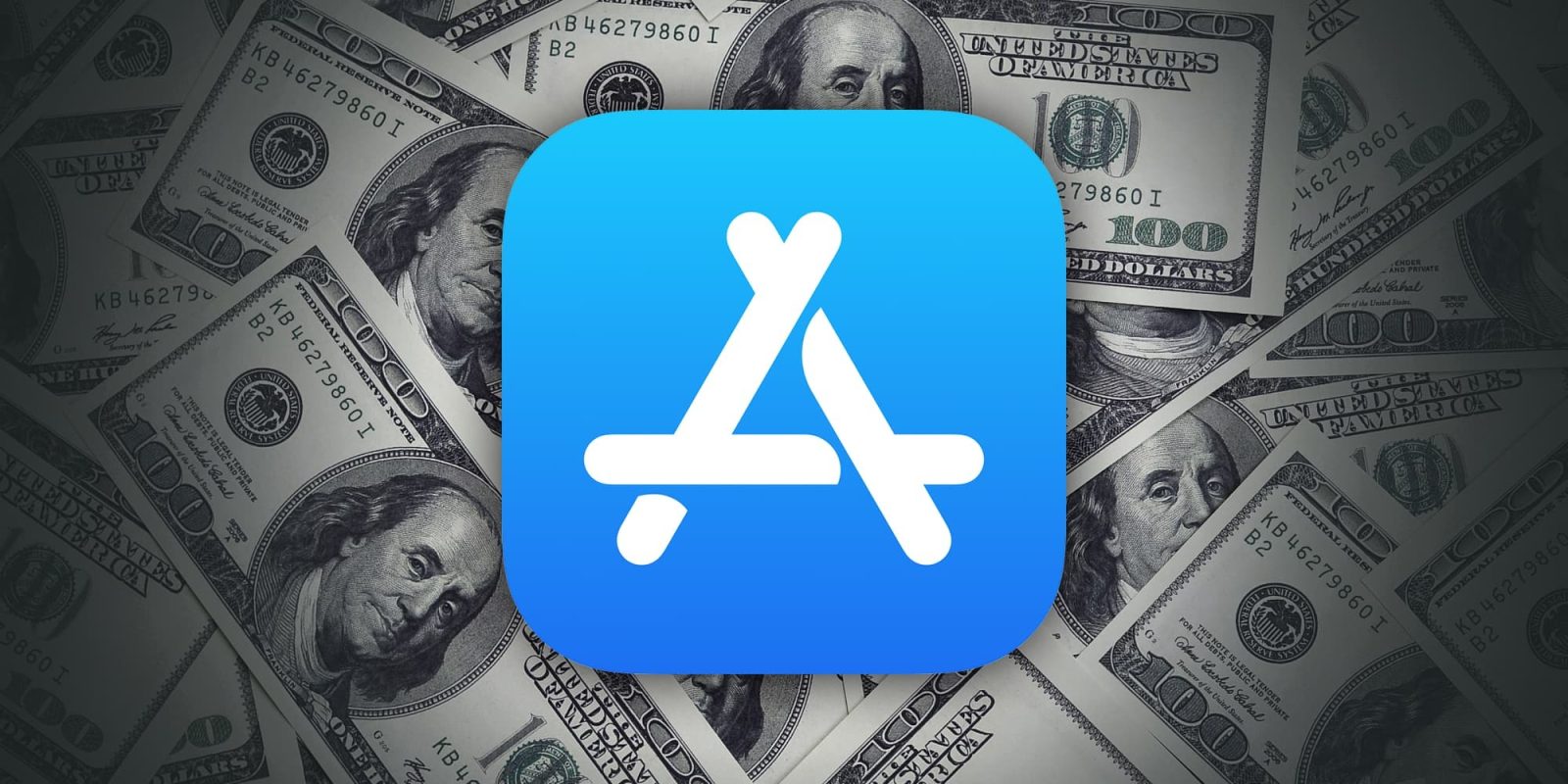Apple touts $400 billion economic impact of the App Store
A new Apple-funded study performed by Analysis Group says that the United States App Store “facilitated over billion in developer billings and sales in 2024.” This marks 2.9x growth in the ecosystem since 2019, according to the study.
In a press release
Apple today announced the App Store ecosystem in the U.S. facilitated billion in developer billings and sales in 2024, according to a study conducted by Professor Andrey Fradkin from Boston University Questrom School of Business and economist Dr. Jessica Burley from Analysis Group. Importantly, for more than 90 percent of the billings and sales facilitated by the App Store, developers did not pay any commission to Apple.
Over the last five years, the size of the App Store ecosystem has nearly tripled from billion in 2019 to billion last year, and earnings for U.S.-based developers also more than doubled. Small developers in particular have done exceptionally well as their earnings increased by 76 percent between 2021 and 2024.
Here’s how that billion number breaks down by category:
billion from physical goods and services
General retail: billion
Travel: billion
Food delivery and pickup: billion
Ride hailing: billion
Grocery: billion
Digital payment: billion
billion from in-app advertising
billion from digital goods and services
Apple CEO Tim Cook:
“For more than 15 years, the App Store has created incredible opportunity for app developers, entrepreneurs, and businesses of all sizes. That includes the many U.S. developers who are innovating, building their businesses, and finding exceptional success on the App Store. We’ll continue to invest in powerful tools, technology, and resources to help developers in the U.S. and around the world take their apps to new heights and create transformative experiences for users.”
This study comes as Apple continues to face blowback from regulators around its App Store practices. Just earlier this week, Apple touted that the App Store “stopped over billion in potentially fraudulent transactions and blocked nearly 2 million risky app submissions from reaching users” in 2024.
Apple has released this type of data on the economic impact of the App Store ecosystem and fraud prevention for the last several years.
9to5Mac’s Take
Multiple things can be true at once. The App Store is a huge driver of economic growth and Apple’s App Store Guidelines do prevent a certain amount of fraud. Simultaneously, App Store Guidelinesare anticompetitive.
You can find more details on the Analysis Group report on Apple’s website.
Add 9to5Mac to your Google News feed.
FTC: We use income earning auto affiliate links. More.You’re reading 9to5Mac — experts who break news about Apple and its surrounding ecosystem, day after day. Be sure to check out our homepage for all the latest news, and follow 9to5Mac on Twitter, Facebook, and LinkedIn to stay in the loop. Don’t know where to start? Check out our exclusive stories, reviews, how-tos, and subscribe to our YouTube channel
#apple #touts #billion #economic #impact
Apple touts $400 billion economic impact of the App Store
A new Apple-funded study performed by Analysis Group says that the United States App Store “facilitated over billion in developer billings and sales in 2024.” This marks 2.9x growth in the ecosystem since 2019, according to the study.
In a press release
Apple today announced the App Store ecosystem in the U.S. facilitated billion in developer billings and sales in 2024, according to a study conducted by Professor Andrey Fradkin from Boston University Questrom School of Business and economist Dr. Jessica Burley from Analysis Group. Importantly, for more than 90 percent of the billings and sales facilitated by the App Store, developers did not pay any commission to Apple.
Over the last five years, the size of the App Store ecosystem has nearly tripled from billion in 2019 to billion last year, and earnings for U.S.-based developers also more than doubled. Small developers in particular have done exceptionally well as their earnings increased by 76 percent between 2021 and 2024.
Here’s how that billion number breaks down by category:
billion from physical goods and services
General retail: billion
Travel: billion
Food delivery and pickup: billion
Ride hailing: billion
Grocery: billion
Digital payment: billion
billion from in-app advertising
billion from digital goods and services
Apple CEO Tim Cook:
“For more than 15 years, the App Store has created incredible opportunity for app developers, entrepreneurs, and businesses of all sizes. That includes the many U.S. developers who are innovating, building their businesses, and finding exceptional success on the App Store. We’ll continue to invest in powerful tools, technology, and resources to help developers in the U.S. and around the world take their apps to new heights and create transformative experiences for users.”
This study comes as Apple continues to face blowback from regulators around its App Store practices. Just earlier this week, Apple touted that the App Store “stopped over billion in potentially fraudulent transactions and blocked nearly 2 million risky app submissions from reaching users” in 2024.
Apple has released this type of data on the economic impact of the App Store ecosystem and fraud prevention for the last several years.
9to5Mac’s Take
Multiple things can be true at once. The App Store is a huge driver of economic growth and Apple’s App Store Guidelines do prevent a certain amount of fraud. Simultaneously, App Store Guidelinesare anticompetitive.
You can find more details on the Analysis Group report on Apple’s website.
Add 9to5Mac to your Google News feed.
FTC: We use income earning auto affiliate links. More.You’re reading 9to5Mac — experts who break news about Apple and its surrounding ecosystem, day after day. Be sure to check out our homepage for all the latest news, and follow 9to5Mac on Twitter, Facebook, and LinkedIn to stay in the loop. Don’t know where to start? Check out our exclusive stories, reviews, how-tos, and subscribe to our YouTube channel
#apple #touts #billion #economic #impact
13 Comments
·130 Views

